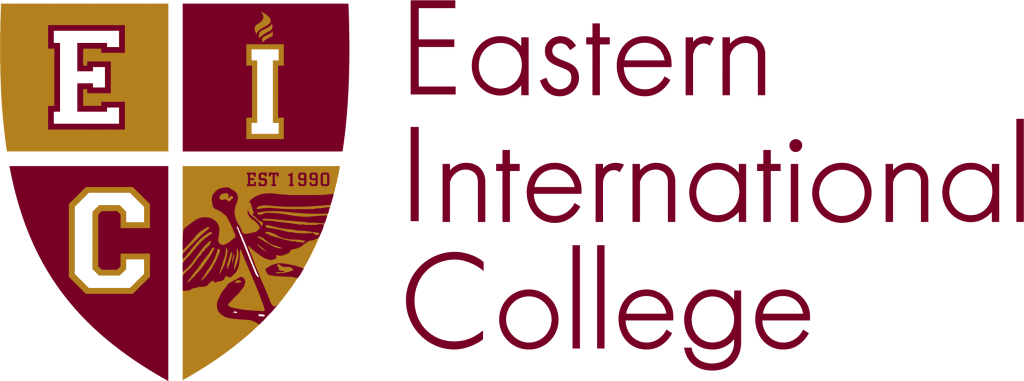After graduating from an allied health program, you may be eager to enter the workforce. However, before you can get to work, you’ll need to prepare for and undergo an interviewing process. At Eastern International College, we want you to be well-prepared when interviewing for healthcare career positions. From the beginning of a student’s journey until graduation, EIC’s career services director will coach, prepare and support students to become the best career ready applicants. The director will help tailor a student’s many skills including important interviewing skills. We compiled a list of very important skills to learn.
Do Your Research
Whether you’re applying to a hospital or a private physician’s office, it’s always important to conduct some research on the places you hope to work. You’ll want to know how they receive their funding, what their specialties are and other information, so you can confidently say, “Yes, I’ll be a great fit for your facility.” Doing so will also help demonstrate your enthusiasm.
Be Polite
Don’t ruin your chances before you even walk into the conference room – make sure you’re polite to everyone, from holding the door for others down in the lobby to minding your Ps and Qs when checking in with the receptionist. Kindness goes a long way, especially in the healthcare field where you’ll be required to show compassion to patients and grace under pressure on a daily basis.
Prepare for Standard Questions
There’s nothing worse than showing up for an interview without answering some basic questions, such as, “Tell me about a time when you had to work with a difficult person.” Or, “What do you consider to be your weaknesses?” By preparing great answers, you can avoid awkward or damaging stumbles when responding to questions during your interview.
Dress Appropriately
While you may wear scrubs in your future career, leave them at home for the interview. To display professionalism, opt for business casual attire. In some cases, you might want to kick your wardrobe up a notch with business professional attire. It all depends on the job you’re applying for. In any case, it’s almost always better to be overdressed than under dressed.
Get Your Foot in the Door
Looking to start a career in the allied health field? Improve your job prospects by receiving the education needed to succeed in this ever-growing industry. Contact EIC today to learn more about our high-quality programs.
Career Services does not guarantee placement.
